What is Kwanzaa?
Everything you need to know about the secular holiday

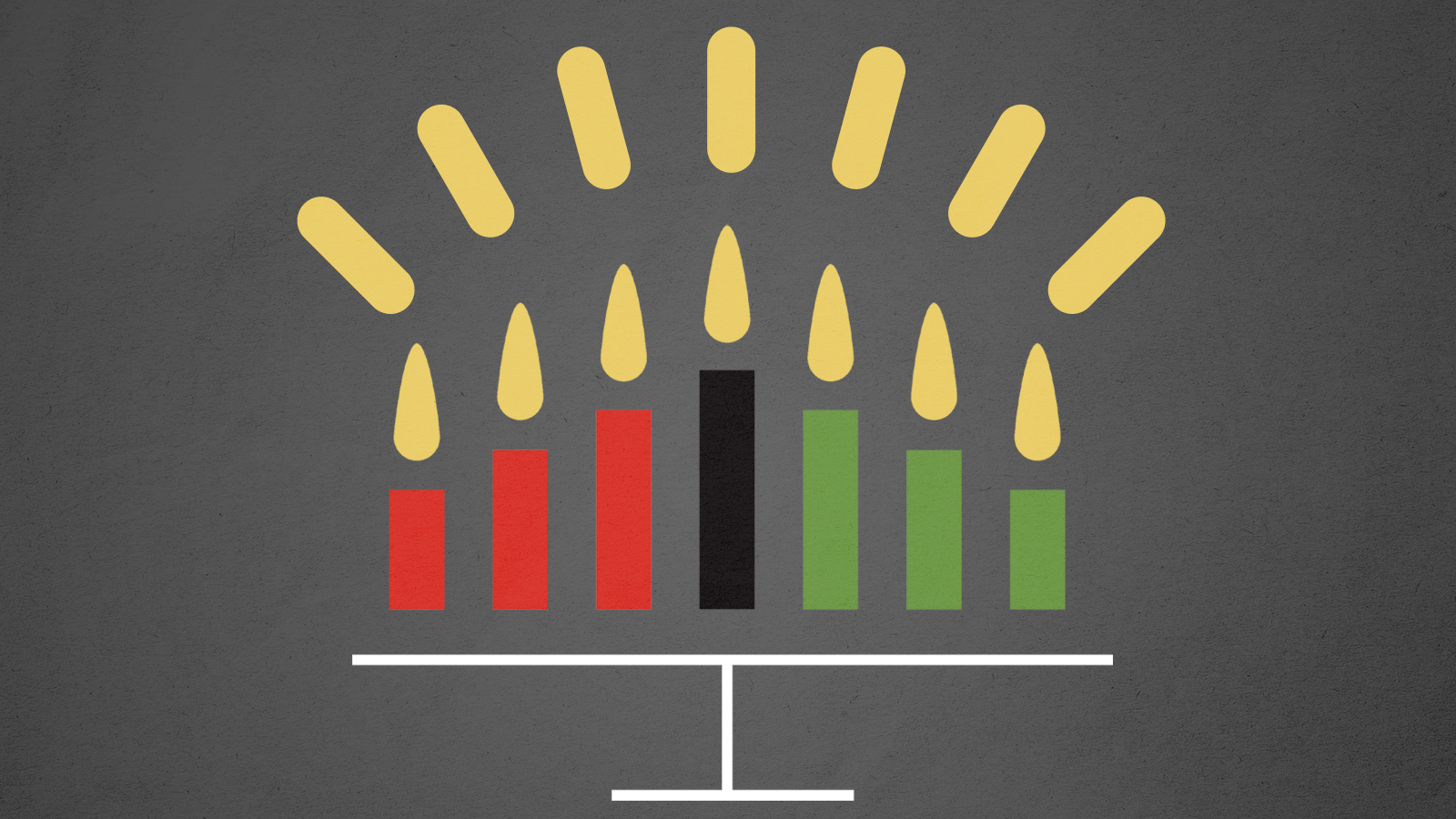
A free daily email with the biggest news stories of the day – and the best features from TheWeek.com
You are now subscribed
Your newsletter sign-up was successful
Christmas may be over, but Kwanzaa is just beginning. Here's everything you need to know about the weeklong celebration of familial and cultural reconnection:
What is Kwanzaa?
Kwanzaa is an annual celebration of African-American families, pan-African families, and cultural history that runs from Dec. 26 to Jan. 1. The secular holiday was created in 1966 by Dr. Maulana Karenga, an acclaimed activist and professor of Africana studies. Karenga established the holiday in the wake of the 1964 Watts Riots in Los Angeles, California, which were spurred by frustrations over an abusive police force and overwhelming poverty. By creating Kwanzaa, Karenga hoped to rebuild the community and reaffirm pride in the typically-sidelined Black culture.
Karenga says the name Kwanzaa is derived from the Swahili phrase matunda ya kwanza, meaning "first fruits." When developing the holiday and its community-focused traditions, Karenga drew inspiration from African harvest festivals, "in which communities came together to celebrate the fruits of their collective labor," per National Geographic.
The Week
Escape your echo chamber. Get the facts behind the news, plus analysis from multiple perspectives.

Sign up for The Week's Free Newsletters
From our morning news briefing to a weekly Good News Newsletter, get the best of The Week delivered directly to your inbox.
From our morning news briefing to a weekly Good News Newsletter, get the best of The Week delivered directly to your inbox.
Kwanzaa was initially pegged as an alternative to Christmas, which Karenga believed "stood in the way of Black cultural advancement," historian Keith Mayes wrote in his book, Kwanzaa: Black Power and the Making of the African-American Holiday Tradition. But as the holiday gained popularity in the 1980s and 1990s, Karenga relaxed his stance so as to avoid alienating religious Black people. "Kwanzaa was not created to give people an alternative to their own religion or religious holiday," Karenga said in his 1997 book, Kwanzaa: A Celebration of Family, Community, and Culture.
In 1993, former President Bill Clinton was the first to issue a presidential Kwanzaa greeting, saying: "At a time when we are seeking ways to revitalize our neighborhoods and empower those who have been powerless for too long, Kwanzaa encourages us to rebuild and gives us the opportunity to celebrate the strengths of the African-American community." Every president since has followed Clinton's lead and issued a greeting to mark the celebration of Kwanzaa.
What are the seven core principles of Kwanzaa?
The rituals and celebrations of Kwanzaa follow seven communitarian principles known as the Nguzo Saba. Each day of the weeklong celebration is dedicated to reflecting on one of these principles.
"[The principles] teach us that this is our duty to know our past and honor it; to engage our present and improve it; and to imagine a whole new future and to forge it in the most ethical, effective, and expansive ways," Karenga told Women's Health magazine.
A free daily email with the biggest news stories of the day – and the best features from TheWeek.com
The seven principles of the Nguzo Saba are as follows, per the official Kwanzaa website:
- Dec. 26 — Umoja (Unity): "To strive for and maintain unity in the family and community."
- Dec. 27 — Kujichagulia (Self-determination): "To define, name, create, and speak for yourself and the community."
- Dec. 28 — Ujima (Collective Work and Responsibility): "To build and maintain the community together, make the community's problems yours, and resolve them together."
- Dec. 29 — Ujamaa (Cooperative Economics): "To build and maintain stores, shops, and other businesses and profit from them together."
- Dec. 30 — Nia (Purpose): "To adopt the building and developing of the community the collective purpose to restore the community to its traditional greatness."
- Dec. 31— Kuumba (Creativity): "To always do as much as you can, in the way you can, to leave the community more beautiful and beneficial than before."
- Jan. 1— Imani (Faith): "To believe in your people, your parents, your teachers, your leaders, and the righteousness and victory of the community's struggle."
How is Kwanzaa celebrated?
Celebrations begin with the traditional greeting of "Habari gani?" or "What's happening?", the answer to which is the name of that day's core principle. Such greetings "are to reinforce awareness of and commitment to" the Nguzo Saba, per the official Kwanzaa site.
Kwanzaa celebrants also decorate a table in their homes with items that symbolize the heart of the holiday, per National Geographic. These symbols include things like fruits and vegetables to represent the "rewards of productive and collective labor," as well as ears of corn to represent "our children and our future which they embody." The items are arranged on a straw mat, called a mkeka, along with the kikombe cha umoja, or unity cup, and a kinara, the traditional candle holder.
The official colors of Kwanzaa are black, red, and green: "black for the people, red for their struggle, and green for the future and hope that comes from their struggle," per the official Kwanzaa website. The kinara is used to hold seven candles — known as the mishumaa saba — that represent the holiday's central seven principles. A black candle is placed in the middle, with three candles of the two remaining colors on either side. One candle is lit each day of the celebration, beginning with the black one in the center. Those that are left are lit from left to right over the rest of the week. The candle-lighting order is "to indicate that the people come first, then the struggle, and then the hope that comes from the struggle."
On the penultimate or final day of Kwanzaa, celebrants gather for a banquet known as a karamu. The meal typically features traditional African, Caribbean, or African-American dishes. The feast is also where children are commonly given small gifts, or zawadi. Kwanzaa marks a time for them to celebrate their renewed commitment to personal growth in the upcoming year.
Theara Coleman has worked as a staff writer at The Week since September 2022. She frequently writes about technology, education, literature and general news. She was previously a contributing writer and assistant editor at Honeysuckle Magazine, where she covered racial politics and cannabis industry news.
-
 Why is the Trump administration talking about ‘Western civilization’?
Why is the Trump administration talking about ‘Western civilization’?Talking Points Rubio says Europe, US bonded by religion and ancestry
-
 Quentin Deranque: a student’s death energizes the French far right
Quentin Deranque: a student’s death energizes the French far rightIN THE SPOTLIGHT Reactions to the violent killing of an ultraconservative activist offer a glimpse at the culture wars roiling France ahead of next year’s elections
-
 Secured vs. unsecured loans: how do they differ and which is better?
Secured vs. unsecured loans: how do they differ and which is better?the explainer They are distinguished by the level of risk and the inclusion of collateral
-
 7 hot cocktails to warm you across all of winter
7 hot cocktails to warm you across all of winterthe week recommends Toddies, yes. But also booze-free atole and spiked hot chocolate.
-
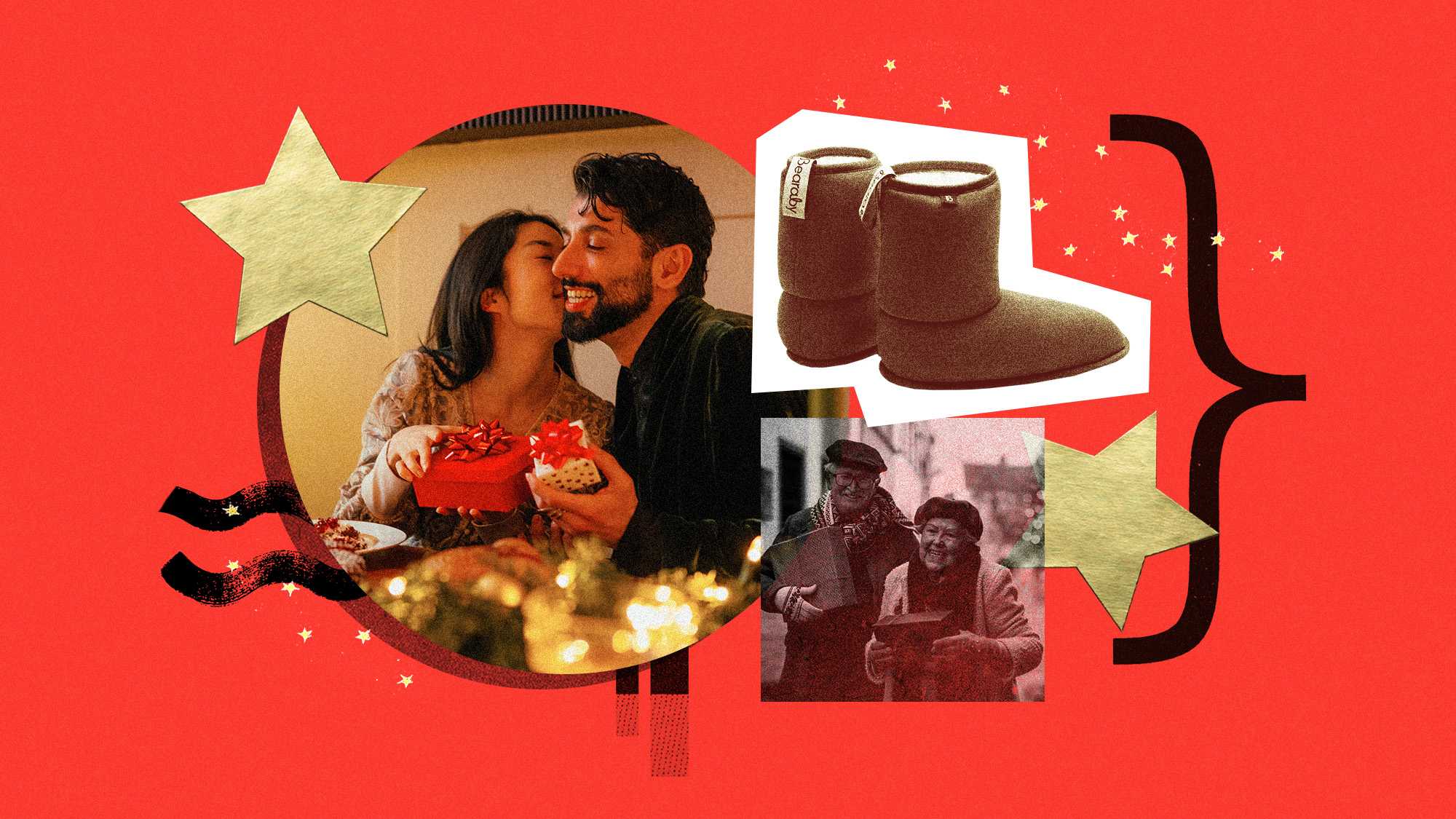 11 extra-special holiday gifts for everyone on your list
11 extra-special holiday gifts for everyone on your listThe Week Recommends Jingle their bells with the right present
-
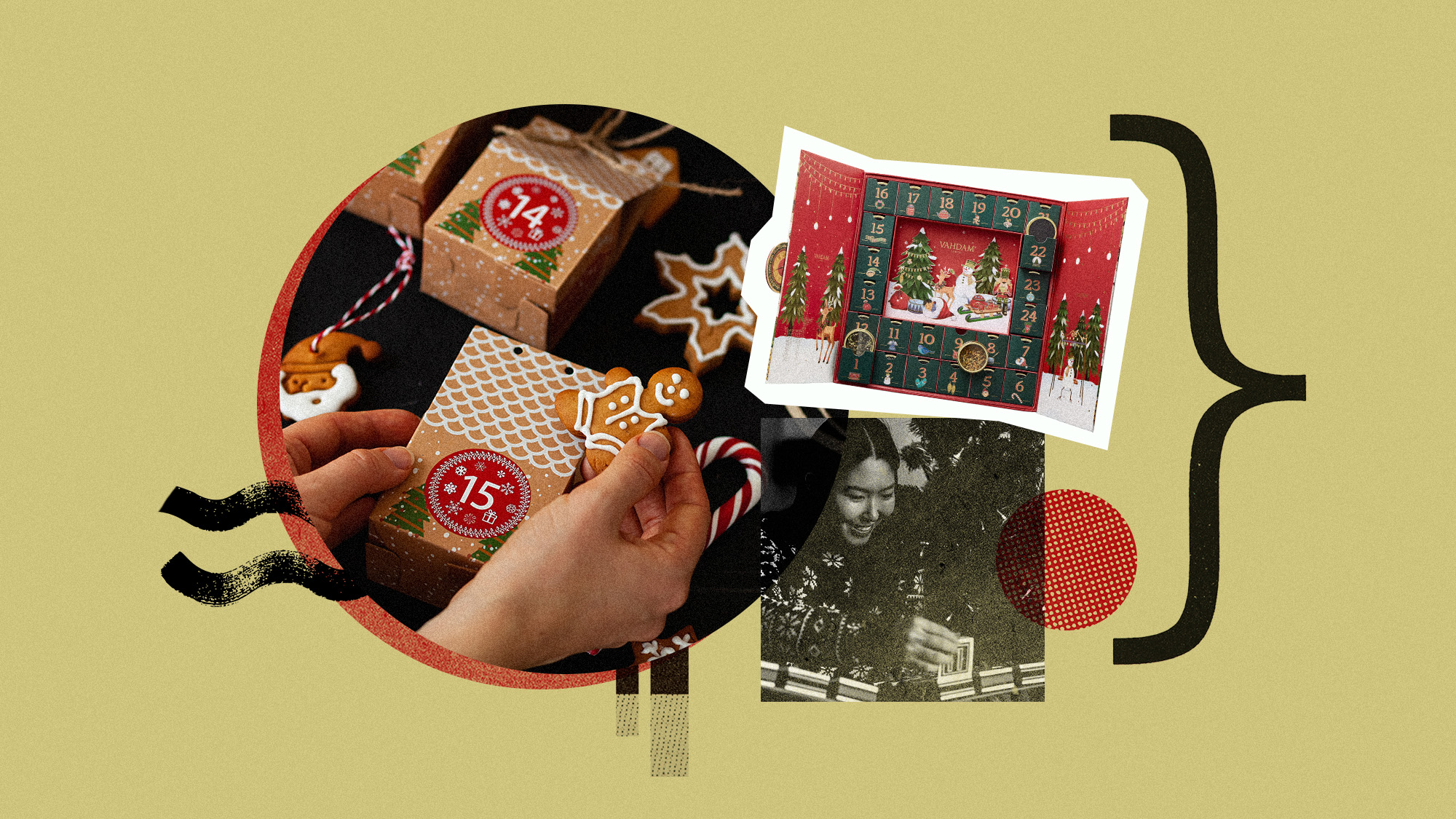 10 great advent calendars for everyone (including the dog)
10 great advent calendars for everyone (including the dog)The Week Recommends Countdown with cocktails, jams and Legos
-
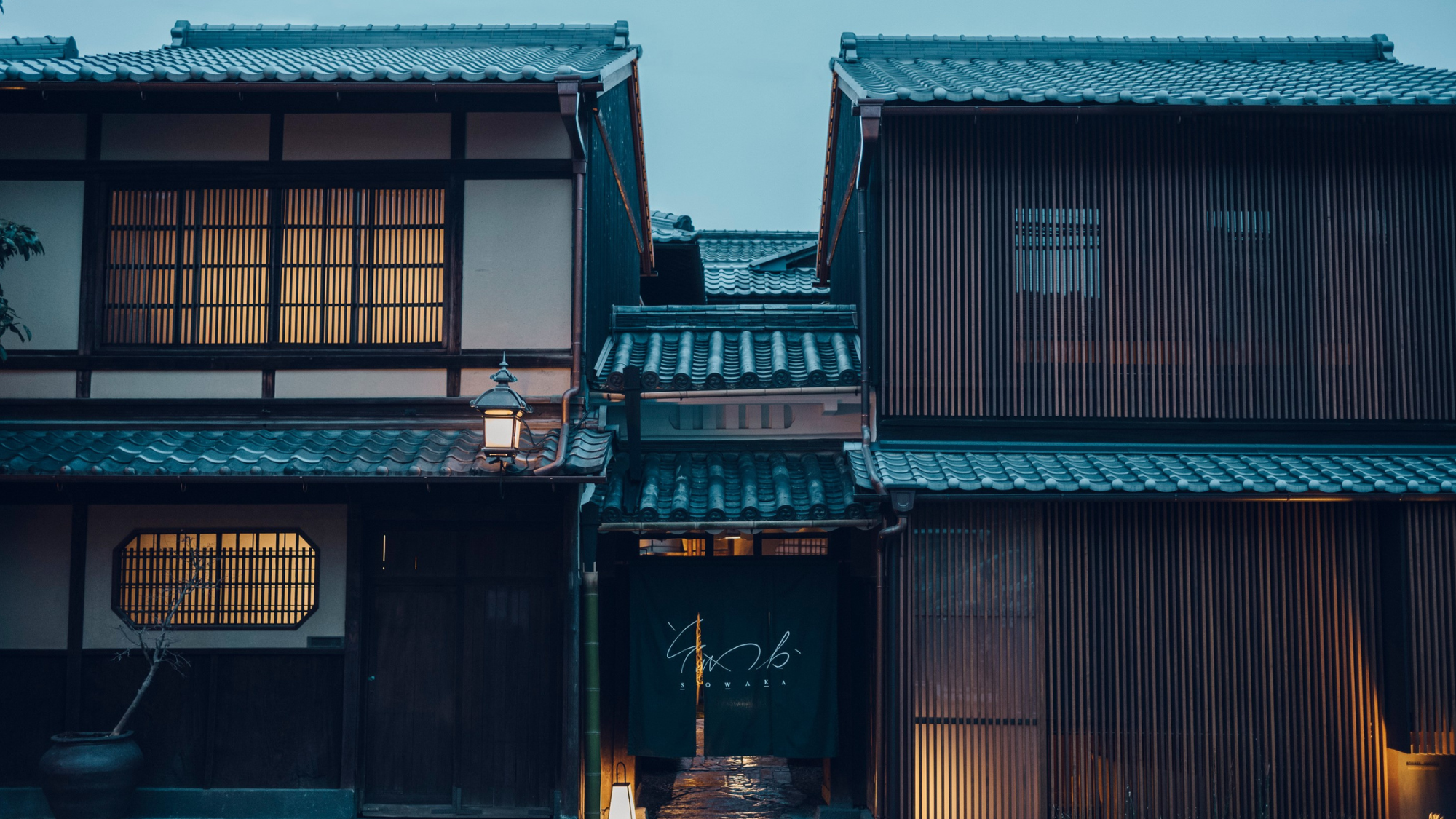 Sowaka: a fusion of old and new in Kyoto
Sowaka: a fusion of old and new in KyotoThe Week Recommends Japanese tradition and modern hospitality mesh perfectly at this restored ryokan
-
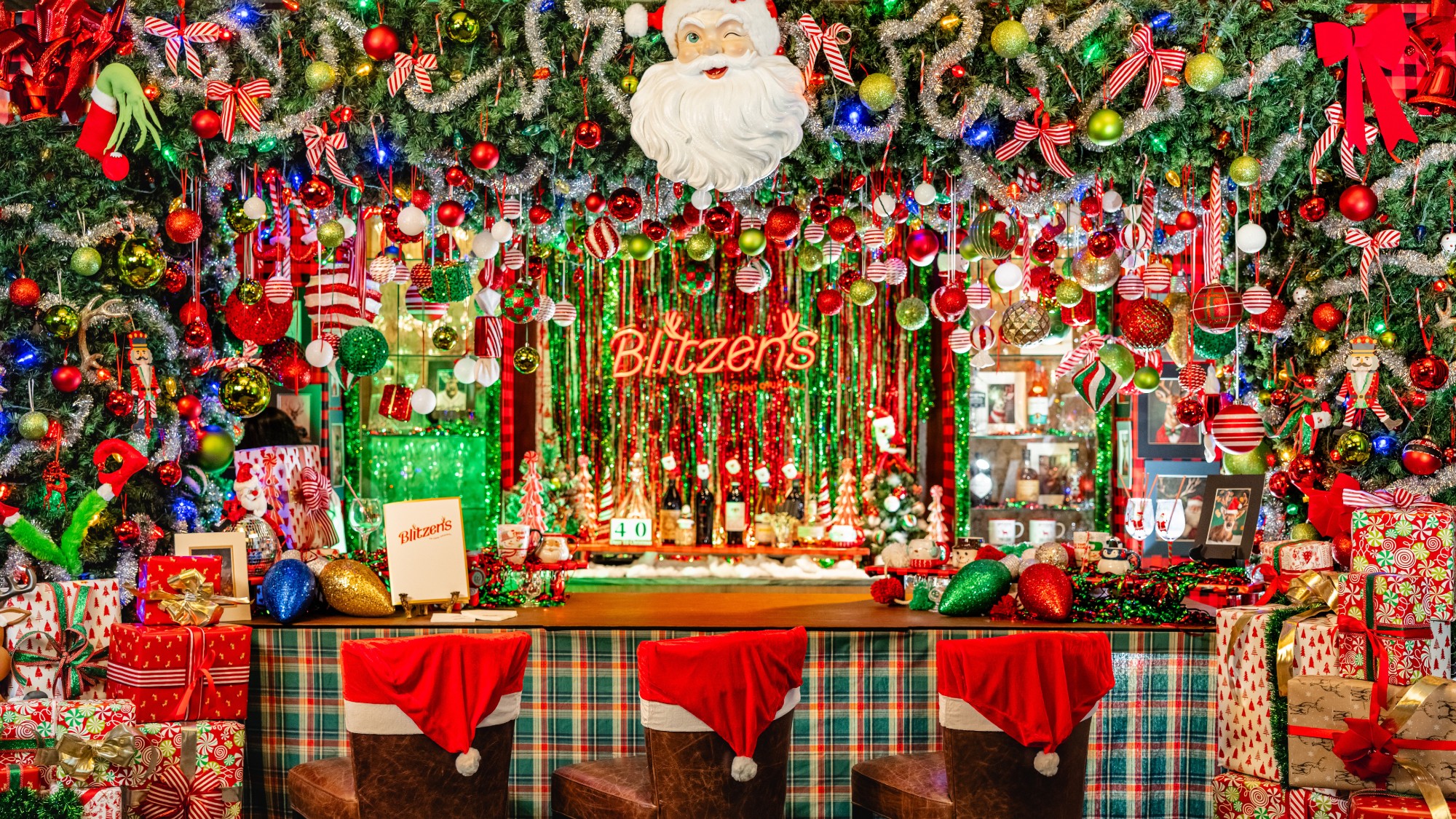 7 festive hotels that get decked out for the holidays
7 festive hotels that get decked out for the holidaysThe Week Recommends These properties shimmer and shine all December long
-
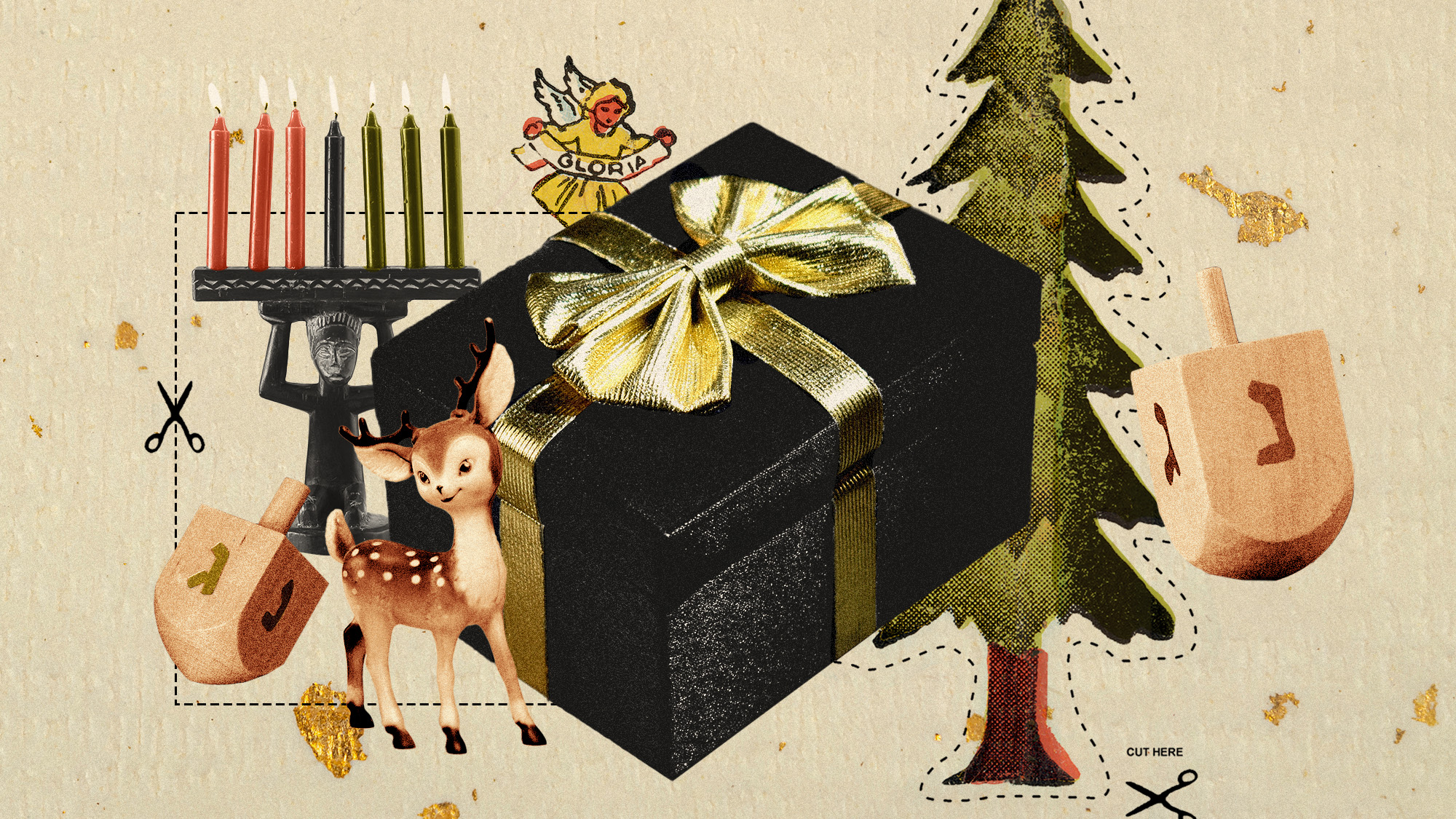 10 holiday presents sure to bring joy to everyone on your list
10 holiday presents sure to bring joy to everyone on your listThe Week Recommends Wrap it up: With this guide, your holiday shopping is done.
-
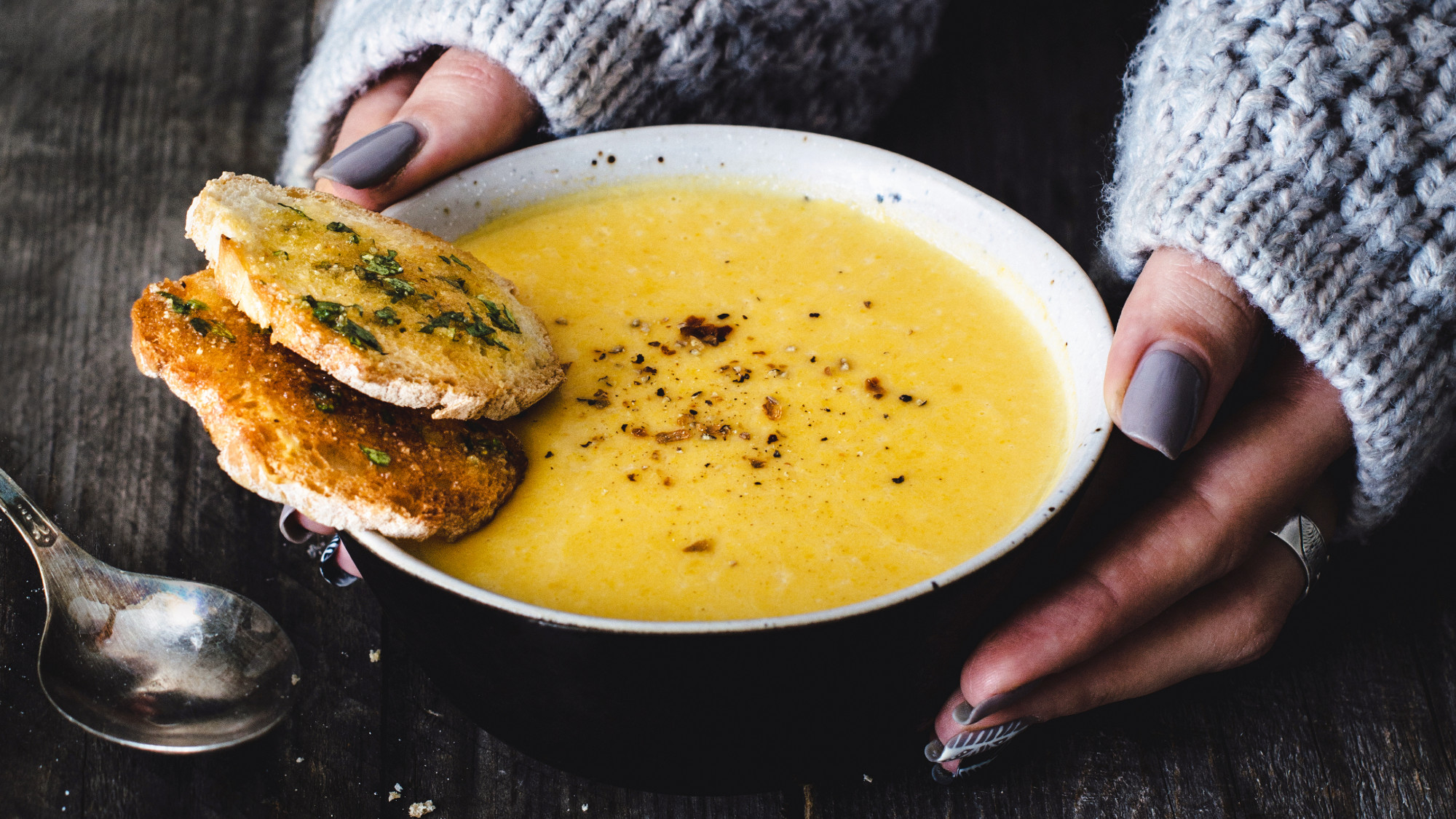 The holidays need an array of dishes. These 7 recipes to the delicious rescue.
The holidays need an array of dishes. These 7 recipes to the delicious rescue.The Week Recommends New Year's Eve, post-gathering brunch and a healthy vegetable contrast are all present.
-
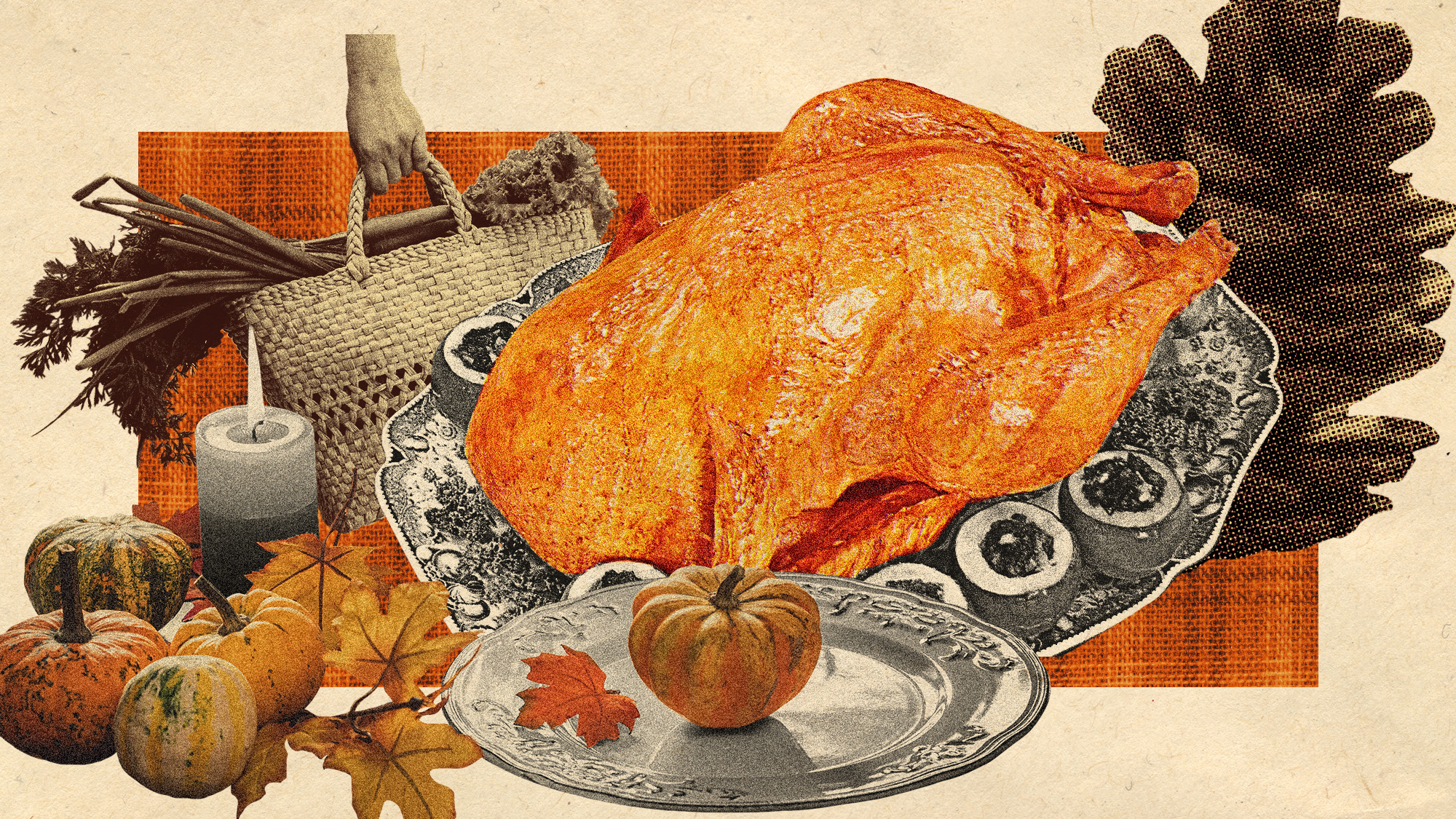 4 tips for hosting an ecofriendly Thanksgiving
4 tips for hosting an ecofriendly ThanksgivingThe Week Recommends Coming together for the holidays typically produces a ton of waste, but with proper preparation, you can have an environmentally friendly gathering.
